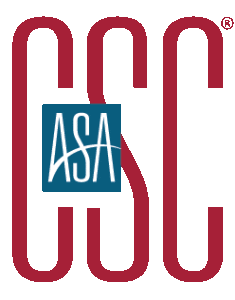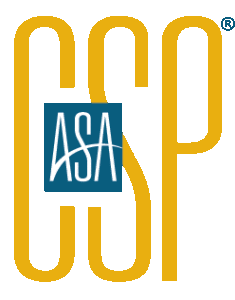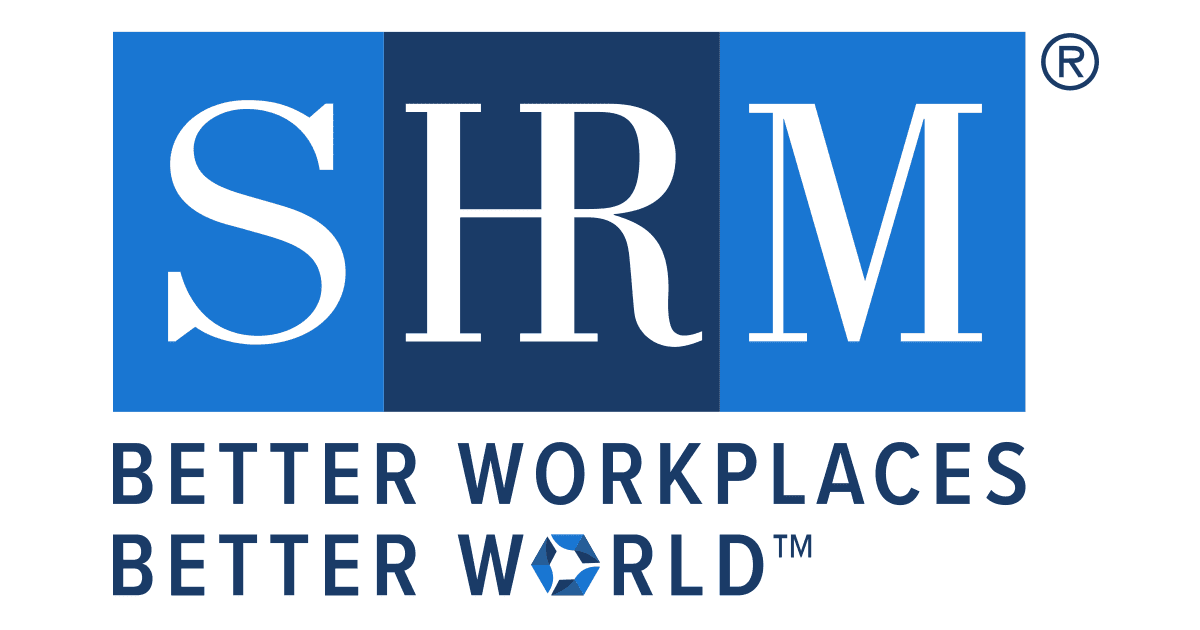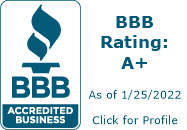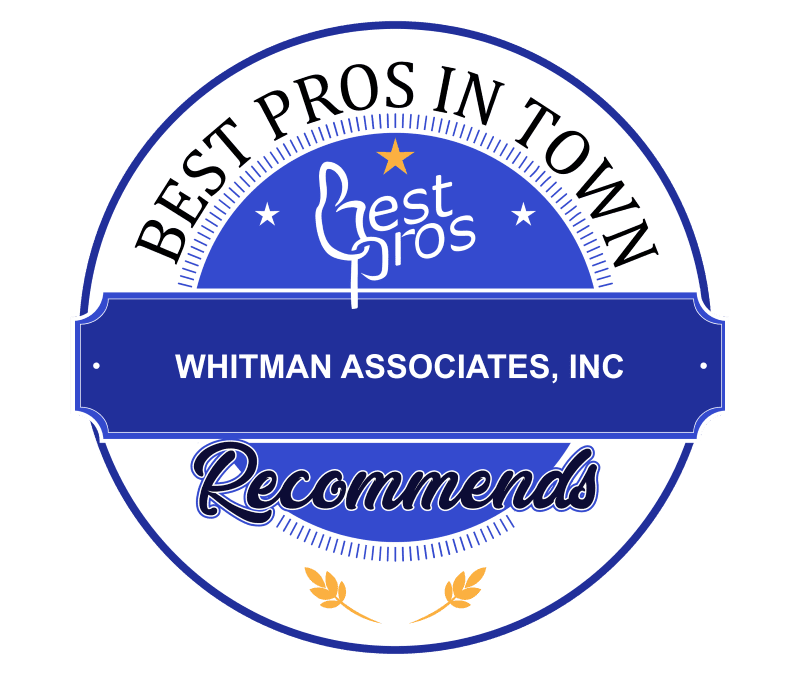
When navigating the job market, being able to communicate your future career goals effectively can significantly impact your career path. A common question recruiters often ask is, “What are your career goals and aspirations?” How you choose to talk to a recruiter regarding those goals can significantly vary depending on where you are in your professional journey. Each stage presents its own set of aspirations, challenges and opportunities. Let’s explore how to approach this for different career stages: recent graduates, mid-career professionals and those looking for part-time or temp work.

1. Recent Graduates or Entry-Level Candidates: Flexibility is Key
For those just entering the workforce, whether fresh from college or shifting from another field, having flexibility in your future career goals is essential. At this point, you might not have a clear vision of your long-term objectives, and that’s completely fine. Here’s how to communicate effectively when asked, “What are your career goals and aspirations?”:
Express Openness
Make it clear that you are open to various roles. Rather than zeroing in on a specific job title, mention areas that interest you, like marketing, analytics or project coordination. This shows that you have a goal in mind but are also adaptable and eager to learn.
Highlight Transferable Skills
Even with limited experience, focus on the skills you’ve developed through internships, volunteer work or coursework. Skills like teamwork, communication and problem-solving are highly valued across all industries, regardless of your future career goals. When preparing how to talk to a recruiter, it’s wise to have a brief, specific example ready that illustrates one of these skills.
Seek Guidance
Don’t hesitate to ask recruiters for their insights. Do some research on LinkedIn to find recruiters in your industry of choice, and set up an informational interview. You can say something like, “I’m looking to explore opportunities in [field/industry] and would love your thoughts on roles that might be a good fit for someone at my experience level.”
By demonstrating your willingness to embrace various opportunities when asked, “What are your future career goals and aspirations?” you can help recruiters match you with roles that could kickstart your career.
2. Mid-Career Professionals: Define Your Aspirations
For mid-career professionals, recruiters expect you to have a clearer vision of your career goals. Are there any specific aspirations such as leadership roles or specialized positions you’re aiming for? Here’s how to talk to a recruiter effectively:
Be Specific About Your Goals
Clearly articulate the type of positions you are interested in and why. You should prepare one sentence clearly defining your future career goals. For example, “I’m looking to transition into a managerial role within the tech industry, where I can leverage my 10 years of experience in software development to lead teams and drive projects.”
Emphasize Your Value
Highlight achievements from your career that showcase your abilities. Quantifiable successes, such as, “I increased team productivity by 20%,” can help recruiters appreciate what you bring to the table.
Discuss Long-Term Vision
Share your long-term career objectives. If you aspire to move into executive leadership, explain how you see yourself getting there. Be realistic — you should also include what skills or experiences you still need to acquire to reach your future career goals.
Seek Relevant Opportunities
Ask recruiters for roles that align with your goals, and inquire about companies that offer growth and advancement potential. This dialogue can help them tailor their searches to better suit your goals.
3. Retirees or Those Seeking Part-Time Work: Clarify Your Needs and Interests
The answer to, “What are your career goals and aspirations?” may look different when you are retired or looking for part-time or temporary work. At this stage, clarity is vital to ensure that you find opportunities that meet your lifestyle and expectations.
Express What You Want
Preparing how to talk to a recruiter about your future career goals when you’re retired or only seeking temporary work looks different. If you’re hoping for a flexible schedule, a specific type of work environment or particular responsibilities, make these clear. This will help recruiters understand your needs and tailor their suggestions accordingly.
Communicate Availability
Be upfront about your availability and the kind of work you’re interested in. For instance, “I’m looking for part-time opportunities in project management that allow me to contribute my expertise without a full-time commitment.”
Share Your Experience
Highlight your wealth of experience and how you can add value to an organization, even in a part-time role. Emphasize your past achievements more than your future career goals, and include how you can use your skills to mentor others or bring stability to teams.
Be Open to Varied Roles
While you may have specific criteria, being open to different roles or projects can lead to fulfilling opportunities that might not have been on your radar initially.
The Importance of Communication
In every stage, clear communication with recruiters is crucial. Knowing how to talk to a recruiter means you come prepared to answer questions like “What are your career goals and aspirations?” that the recruiter will always ask. When you articulate your future career goals effectively, you provide recruiters with the information they need to find roles that fit your aspirations. This collaboration benefits both parties — recruiters can present tailored opportunities and you get the chance to explore job openings that align with your career vision.
Regardless of your career stage, remember that communication is a two-way street. Listen to the recruiter’s insights and feedback about market trends and potential roles. They often have valuable knowledge and can guide you in the right direction.
Take the Next Step Toward Your Future
Effectively communicating your future career goals is essential, regardless of where you are in your professional journey. If you’re struggling to find the right role for you, consider partnering with a staffing agency like Whitman Associates. Since 1972, we’ve dedicated ourselves to matching candidates like yourself to relevant temporary, temp-to-hire, and permanent roles in the Washington, D.C. metropolitan area. Email your resume to resumes@whitmanjobs.com today!





